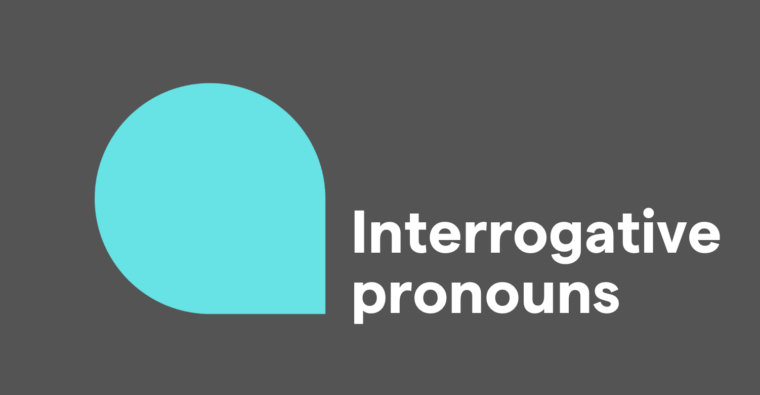
It stalks the thick jungles of prose, confounding even the most experienced grammar explorer or navigator, yet it’s a gentle, mistaken, and forlorn creature. What am I talking about? The hyphen—the piece of punctuation that not even seasoned editors can seem to get right.
Super high-profile ad agencies and industry giants, despite large budgets and an intelligent workforce, are known to make hyphen mistake after mistake, unable to get a handle on correct hyphen usage.
Thankfully, most hyphen usage falls into a few different categories:
- Compound adjectives (but no -ly endings because those are adverbs!)
- Numbers and fractions
- Specific prefixes
- Preventing confusion
Compound Adjective
The most important breed of hyphen to know is the one associated with compound adjectives, which are single adjectives made up of more than one word. Because both words go hand-in-hand to modify the same noun, a hyphen is used to show they are linked. The important part to keep in mind is that all words in the compound adjective are equally important. For example, “high-priced items” would not make sense as “high items” or “priced items.”
Beware of Adverbs!
While closely related to adjectives in the sense that they’re another kind of modifier, adverbs inherently imply subordination to the word that follows.
The above is incorrect because “critically” is providing context for “acclaimed,” and “acclaimed” is describing the movies. “Acclaimed” is a verb, and that’s why the adverb “critically” is referring to it exclusively and not the nonverb “movies.”
Search -ly Endings
The quick trick to knowing whether to hyphenate compound modifiers without sorting out adverbs vs. adjectives is to look for words ending in -ly. This will (most of the time) indicate an adverb rather than an adjective and, thus, no hyphen.
Exception: Some nouns end in -ly, so be mindful of what hyphens you leave off. For example “family-owned business” should retain the hyphen after “family” despite the -ly because “family” is a noun.
Numbers and Fractions
Of the hyphen family, these are perhaps the easiest to classify and implement. Numbers twenty-one through ninety-nine get hyphenated.
Fractions also get hyphenated.
When describing ages, hyphenate the age only when it’s used as an adjective before a noun.
Specific Prefixes
A prefix is a modifier placed before a word to alter or enhance its meaning. The prefixes “self-,” “ex-,” and “all-,” almost always need a hyphen between them and the words they’re modifying.
However, not all prefixes use hyphens.
In addition, be sure to break up double vowels between a prefix and a root word unless your spelling checker flags them as incorrect with a hyphen.
Preventing Confusion
The hardest hyphen breed to capture, and certainly the most difficult to tame, is the one used to prevent confusion, often with a group of three or more words that contains either multiple modifiers or a noun that’s made up of two or more words.
Consider the phrase “two dollar bills”: Does it indicate multiple bills of the $2 denomination, or is it two bills of the $1 denomination? Does the phrase “twenty odd people” refer to twenty people who are strange or a group of people with about twenty in attendance?
See also this article about one author’s thoughts about the flying purple people eater. The world will perhaps never know exactly what this creature looked like or ate.
The hyphen makes the distinction for you.

And, finally, consider this interesting and slightly unfortunate story about the word “re-sent.” Without the hyphen, it reads as “resent,” which is certainly not the intended sentiment. Even though “re-” is not a prefix that typically gets hyphenated, the hyphen in this case provides an important clarification.
Have you seen any embarrassing hyphen mistakes or made any of your own?
Amanda Edens is an editor and content marketer with a wide range of talents from management to design. Check out her blog at www.askyoureditor.com or follow her on twitter @askyoureditor.







